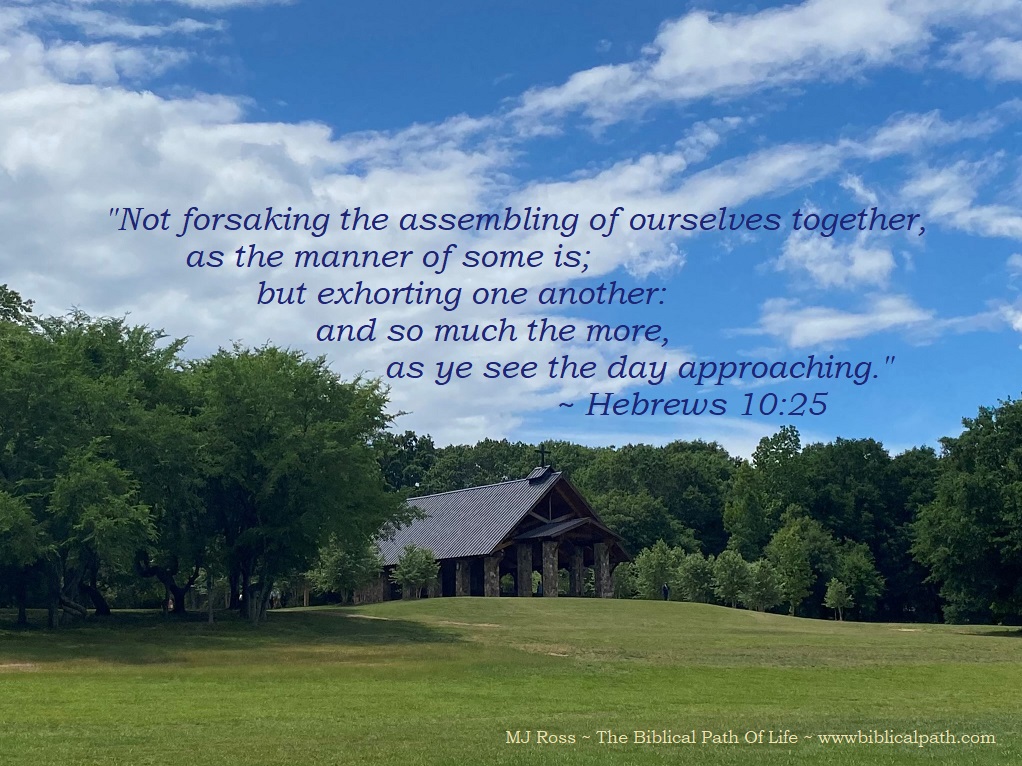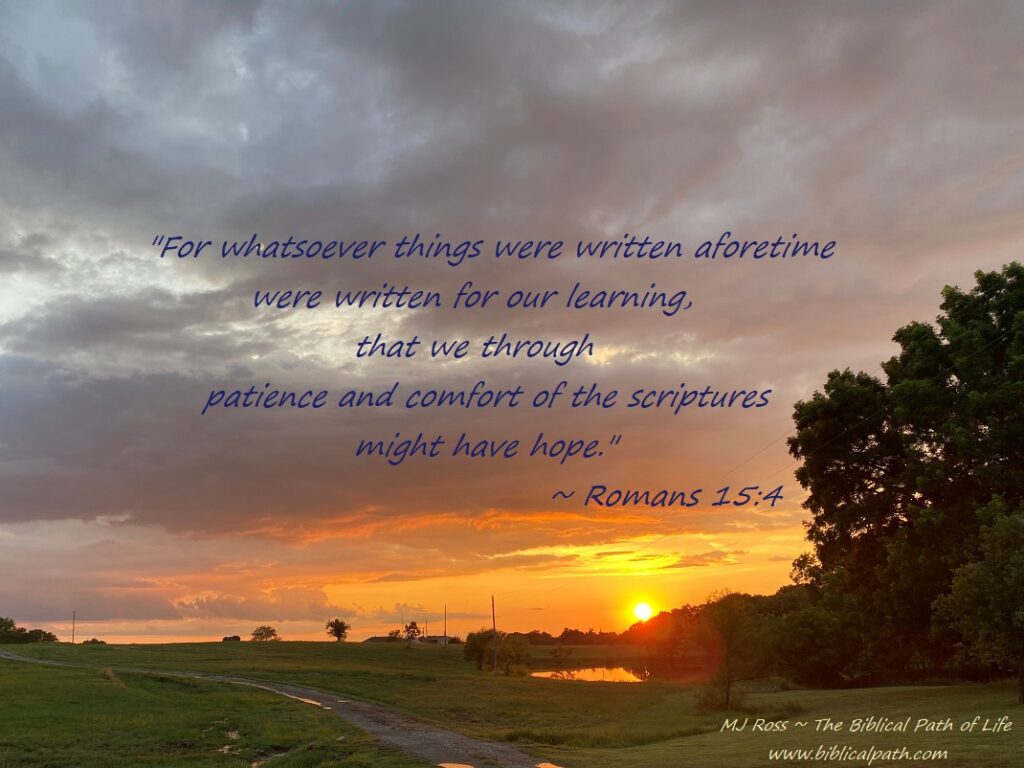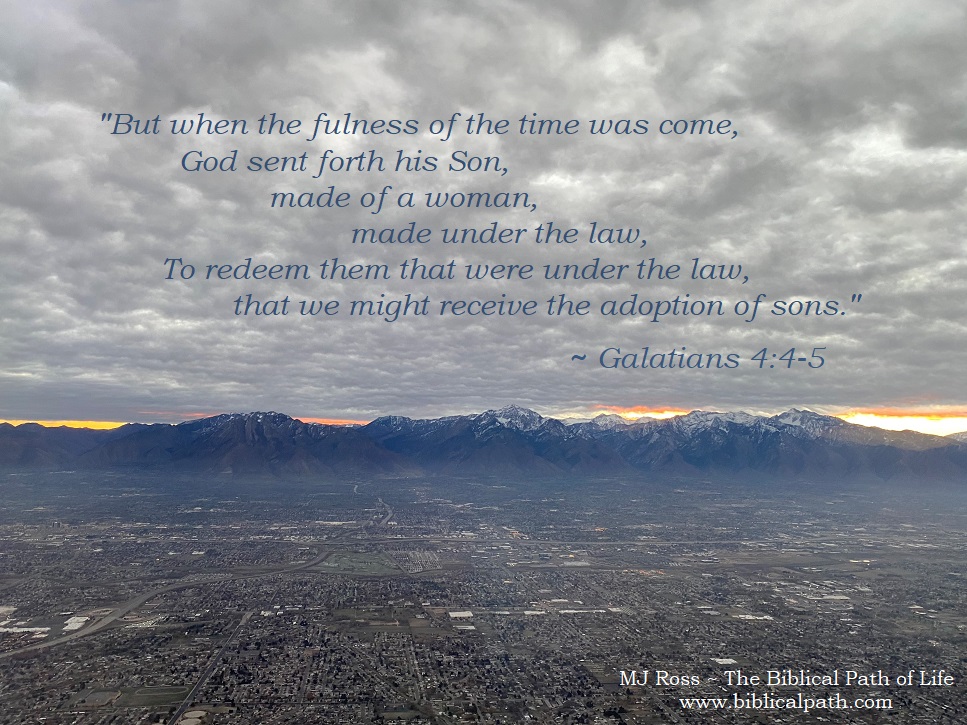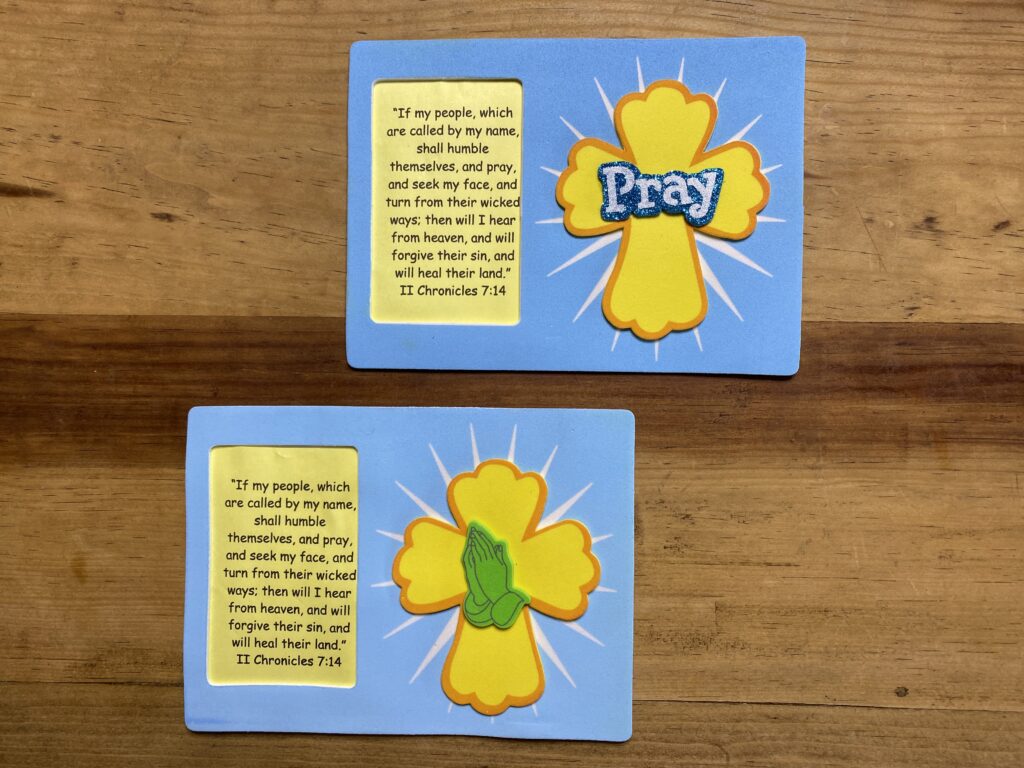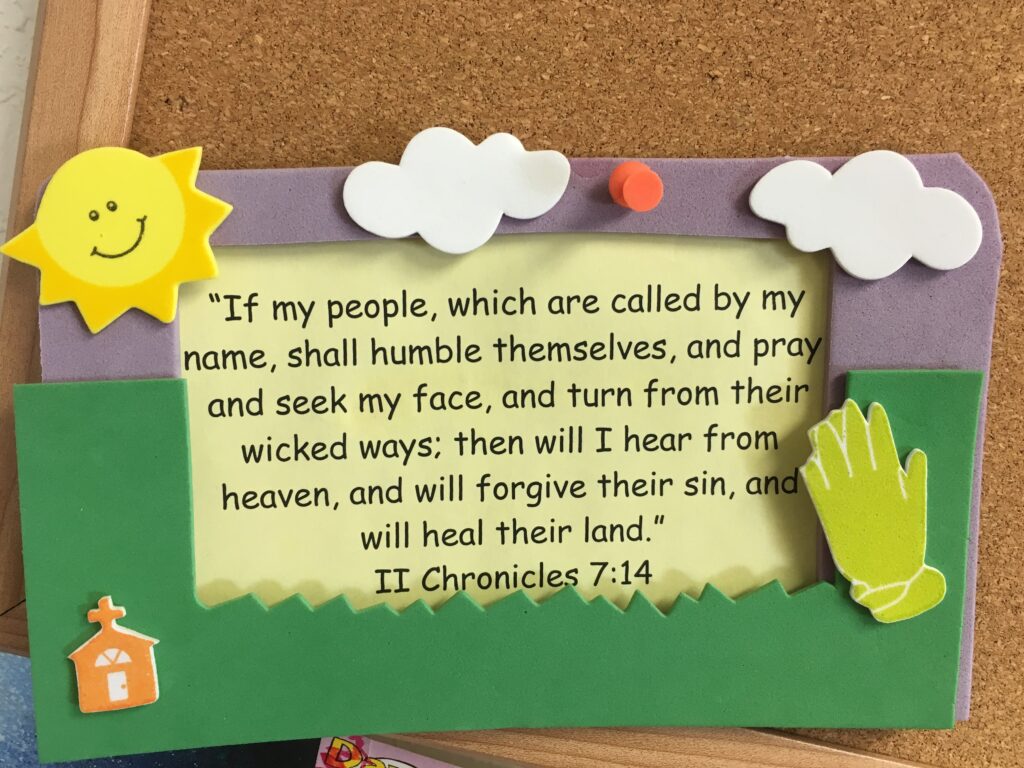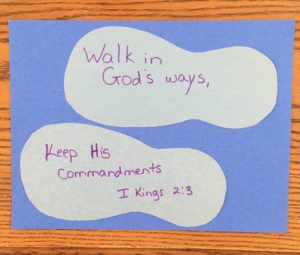
“Know ye not that they which run in a race run all, but one receiveth the prize? So run, that ye may obtain”
1 Corinthians 9:24
Paul had visited Corinth on two different missionary journeys, spending at least eighteen months on one visit. He also wrote two letters to the church established in Corinth that we have to read even today. In these letters, we find much that should apply to all Christians. Paul wrote one letter when he heard of problems in the church. There were divisions beginning to form that needed to be stopped. There was also sin being allowed into the church that left unchecked, would destroy the church from within. Paul understood the importance of dealing with these issues, quickly, to help the young Christians to grow in Christ as they should. “That your faith should not stand in the wisdom of men, but in the power of God” (1 Corinthians 2:5).
When Paul wrote, we find that he recognized their condition. “And I, brethren, could not speak unto you as unto spiritual, but as unto carnal, even as unto babes in Christ” (1 Corinthians 3:1). Notice Paul said he could not speak unto them as spiritual, but carnal. They were still babes in Christ. Because they had not yet learned how to live a Christian life, they were still “carnal” (carnal means “weakness; frailty; of persons being worldly”). This revealed that they were living according to the world and its’ standards, not according to God’s. “For ye are yet carnal: for whereas there is among you envying, and strife, and divisions, are ye not carnal, and walk as men?” (1 Corinthians 3:3). After addressing their divisions, he reminded them that God’s Spirit lived in them. “Know ye not that ye are the temple of God, and that the Spirit of God dwelleth in you?” (1 Corinthians 3:16). Did you notice how that verse began? “Know ye not”. This was a big part of their problem. They had not taken the time to “know” what they needed to know in order to live as they were supposed to live. Paul mentions this several times in this letter. Take note of the following:
- “Your glorying is not good. Know ye not that a little leaven leaveneth the whole lump?” (1 Corinthians 5:6).
- “Do ye not know that the saints shall judge the world? …” (1 Corinthians 6:2:).
- “Know ye not that we shall judge angels? …” (1 Corinthians 6:3).
- “Know ye not that the unrighteous shall not inherit the kingdom of God? …” (1 Corinthians 6:9).
- “Know ye not that your bodies are the members of Christ? …” (1 Corinthians 6:15).
- “What? know ye not that he which is joined to an harlot is one body? …” (1 Corinthians 6:16).
- “What? know ye not that your body is the temple of the Holy Ghost which is in you, which ye have of God, and ye are not your own?” (1 Corinthians 6:19).
Paul addressed many thing that they did not know. One more thing they did not know was that the Christian life is much like a race. And Paul was a great example for them to follow. “24. Know ye not that they which run in a race run all, but one receiveth the prize? So run, that ye may obtain. 25. And every man that striveth for the mastery is temperate in all things. Now they do it to obtain a corruptible crown; but we an incorruptible” (1 Corinthians 9:24-25). Paul compared this Christian life to a race that all are running. Think of a race: there is a course, a goal in sight, and a reward. The Christian life can be thought of in much the same way:
- there is a course (a godly lifestyle one lives according to God’s Word),
- a goal in sight (keeping eyes on Jesus, living that life so others can see and come to know Jesus),
- and a reward (eternal life in heaven with Jesus someday where Christians will receive rewards for things done on this earth for Jesus).
Just as runners have to train, exercise, and eat right, Christians who want to live a life pleasing to God must also train, exercise and eat right. How? Christians are given God’s Word to teach them how to live a life pleasing to God. It takes much work and exercise to strengthen spiritual muscles to put away the sins of the world and instead choose the things of God (see 1 Timothy 4:6-9). Eating right would consist of putting God’s Word into the Christian heart and mind (see Psalm 119:11) as opposed to the things of this world. This was an area that the Corinthian church needed to work on: knowing how to live the Christian life.
There is one important difference in a physical race, and the race of the Christian life, that Paul explained to them. In a physical race, there is only one winner, but in the race of the Christian life, all will receive eternal life with Jesus – only the personal rewards will be different, according to how the race is run (see 1 Corinthians 3:11-15).
Do you know how to run the race that is the Christian life, understanding how to please God?
